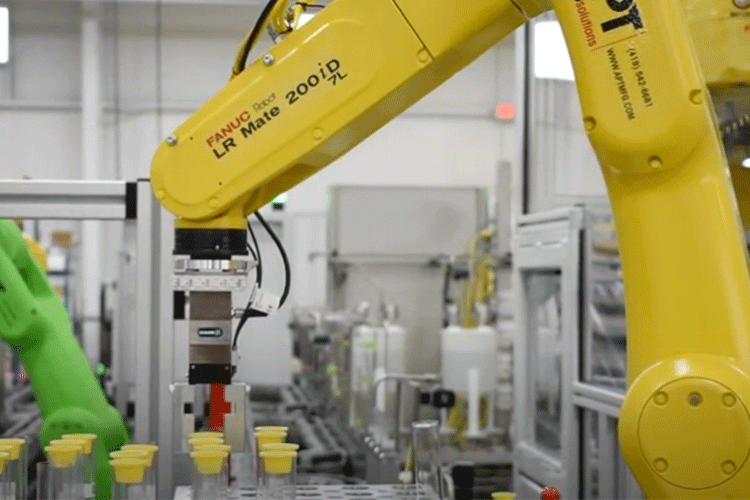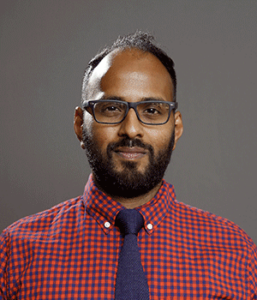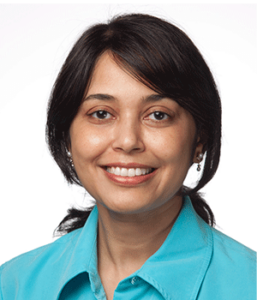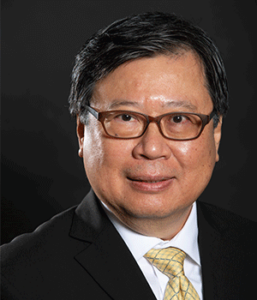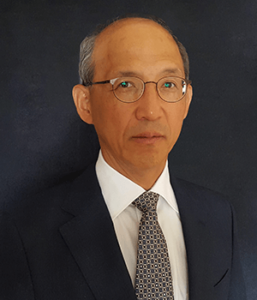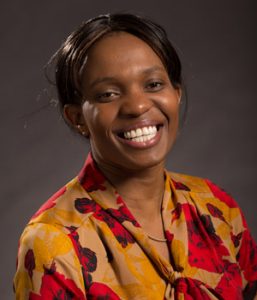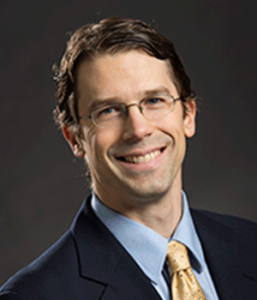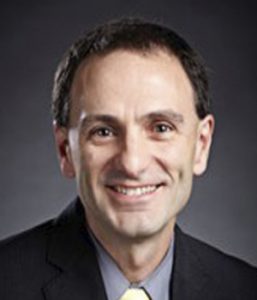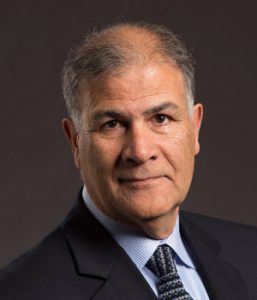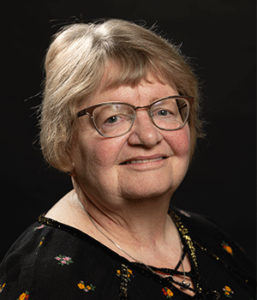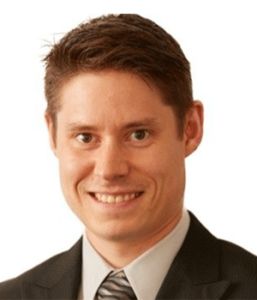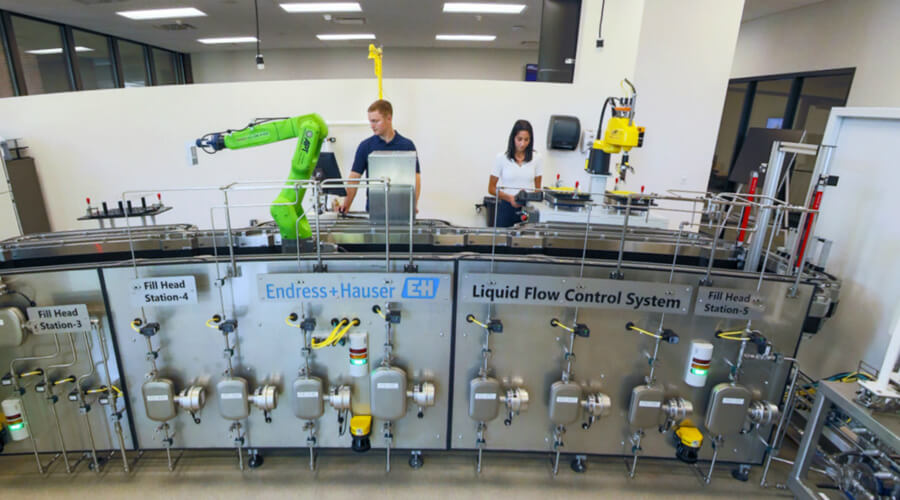Engineering MS: Industrial and Systems Engineering MS
Whether you intend to pursue research or are seeking advancement, higher pay or job security, now is a good time to pursue a Master of Science degree in Engineering, with a concentration in Industrial and Systems Engineering.
UWM, one of Wisconsin’s two R1 research universities, is located in one of the largest manufacturing and industrial regions in the nation. You’ll benefit from our long-standing collaborations with this vibrant community and our role in working with them as they transition to an Industry 4.0 economy.
This is a far-reaching discipline and our flexible program welcomes those whose undergraduate degrees were in industrial engineering and related disciplines such as Applied Mathematics, Supply Chain, Applied Computing, Data Science and other fields within engineering.
Qualified UWM undergraduate students can apply to begin this program during their senior year by participating in the Accelerated Graduate Program.
Program Type
Master’s
Program Format
On Campus
Boost Your Career
An advanced degree in industrial and systems engineering can increase your salary, provide job security and open the door to new jobs and management positions.
Job prospects may be best for those with knowledge and experience in the most recent advances in the field.
At UWM, you’ll gain hands-on experience at our next-gen factory, a test bed where you can virtually simulate solutions to manufacturing challenges (applying AI to the manufacturing process, fluid flow management, and more) then physically execute them.
What to Expect
In coursework, research labs, and in our next-gen factory, students acquire knowledge and skills in engineering statistical analysis, operations research in engineering management, scheduling, systems optimization, Lean Six Sigma, reliability engineering, realtime resource management, ergonomics, occupational biomechanics and more.
As you complete your studies, you will have the following options:
Thesis option; non-thesis option
The thesis option is designed for people planning to pursue research. Students complete an original thesis research project, supervised by a faculty advisor.
The non-thesis option is designed for working professionals. In lieu of a thesis, students take an additional seven hours of coursework.
Teaching Assistantship / Research Assistantship
You can apply to work as a Teaching Assistant or Research Assistant, which will help your education and build leadership skills. Typically, teaching assistantships are offered to students in the MS-Thesis track. Assistantship decisions are made by the academic departments only after an applicant has been accepted into the program.
More Information
Contact the College of Engineering & Applied Science Graduate Programs Office.
You’ll have the opportunity work with faculty engaged in leading-edge research in areas such as:
- Automation of manufacturing systems
- Data analytics
- Industrial ergonomics
- Lean manufacturing
- Logistics
- Material handling & distribution
- Occupational biomechanics
- Political redistricting
- Predictive analytics
- Process and systems optimization
- Real-time resource management
- Six Sigma
- Systems design modeling
Research Labs
As an R1 research institution, research is integral to our work at UWM and to the experience of students pursuing graduate degrees. Our college has a wide range of faculty-led labs that perform cutting edge research. Please see the Faculty tab to the right for the specific research interests and labs of each civil and environmental engineering faculty member. For a full list of our college’s research labs, centers and institutes, click here.
Faculty
- Assistant Professor, Industrial & Manufacturing Engineering
- akundivy@uwm.edu
- Engineering & Mathematical Sciences 990A
- Professor, Industrial & Manufacturing Engineering
- Geospatial Data Science Lab
- rghose@uwm.edu
- Engineering and Mathematical Sciences
- Scientist II, Industrial & Manufacturing Engineering
- gongd@uwm.edu
- Engineering & Mathematical Sciences E371J
- Associate Professor, Industrial & Manufacturing Engineering
- Department Chair, Industrial & Manufacturing Engineering
- jang@uwm.edu
- 414-229-2978
- Engineering & Mathematical Sciences E357
- Teaching Faculty 1, Industrial and Manufacturing Engineering
- Lab Manager
- khani@uwm.edu
- 414-251-7864
- Engineering and Mathematical Sciences E173
- Associate Professor, Industrial and Manufacturing Engineering
- Co-Director (Co-PI), UWM Industrial Assessment Center
- Director, NSF/S-STEM: Preparing Engineers Computer Scientists
- otieno@uwm.edu
- 414-229-3134
- Engineering and Mathematical Sciences 1161
- Associate Professor, Industrial and Manufacturing Engineering
- mattpete@uwm.edu
- 414-229-3448
- Engineering and Mathematical Sciences 367
- Dean, Engineering & Applied Science Office of the Dean
- petersba@uwm.edu
- 414-229-4126
- Engineering and Mathematical Sciences 520
- Associate Professor, Industrial and Manufacturing Engineering
- seifoddi@uwm.edu
- 414-229-4442
- Engineering and Mathematical Sciences 306
Advising
- Advisor, Graduate Programs
- Computer Science, Electrical Engineering, Biomedical Health Informatics
- crary@uwm.edu
- 414-229-7267
- Engineering & Mathematical Sciences E379
- Advisor, Graduate Programs
- Civil/Environmental Engineering, Mechanical Engineering, Biomedical Engineering, Industrial/Manufacturing Engineering, Materials Science & Engineering
- rpackard@uwm.edu
- 414-251-8543
- Engineering & Mathematical Sciences E379

